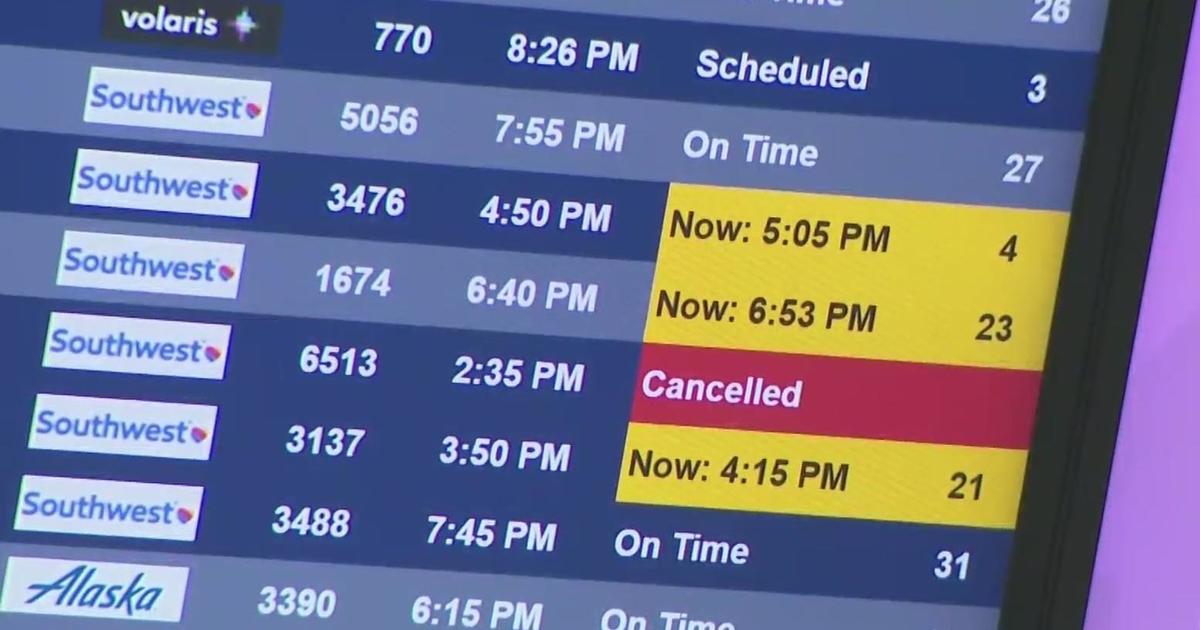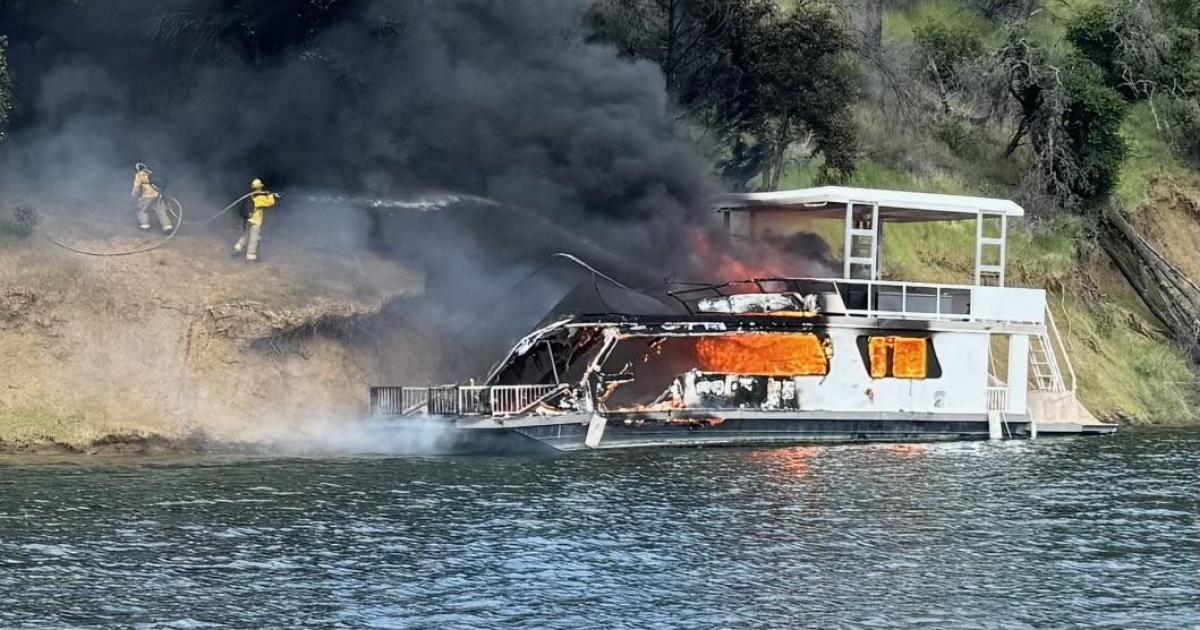North Bay Voters To Determine SMART Train Funding Ballot Measure I
SAN RAFAEL (CBS SF) -- North Bay voters will be going to the polls in March and asked to decide whether to extend an existing quarter-cent sales tax to help finance the operations of the Sonoma-Marin Area Rail Transit District's commuter train for an additional 30 years.
If two-thirds of the voters in the counties approve Measure I, SMART will have an additional $40 million a year until March 31, 2059, to complete the 72-mile rail line and pedestrian paths between Larkspur and Cloverdale that the 2008 measure promised would be completed by 2029 when the current tax expires.
The StayGreenKeepSMART.org group, which includes dozens of elected and appointed officials in both counties and other SMART supporters, says SMART is at a crossroads and Measure I's passage is critical to its future.
The bond market suffered in the 2008 recession, slashing a projected $455 million in revenue for SMART to $298 million over the last 10 years, but SMART leveraged $328 million in regional, state and federal matching funds despite the setback, and extending the tax will qualify SMART for more funding, according to SMART's Board of Directors and other proponents of Measure I.
Extending the tax will allow SMART to restructure debt and save $12.2 million annually -- enough to pay for the train's operation to Windsor before 2022.
With the extended tax and state and federal funding help, the rail line can be extended farther to Healdsburg and Cloverdale within the next 30 years, according to the measure's proponents.
Supporters say SMART has delivered on its promises to build a modern train system in the two counties and a link to San Francisco via the Larkspur ferry terminal that opened in December, and is a green transportation alternative to sitting in traffic on U.S. Highway 101.
The train has transported more than 1.6 million passengers and 159,000 bicyclists since operations began in August 2017.
Approval of Measure I also will increase the frequency of trains, build more bike and walking paths connecting to the 12 stations and pay for safety enhancements along the line.
The No on Measure I campaign's treasurer Michael Arnold, a Novato economist who opposed the SMART train since 2008, said the commuter line is too expensive
to operate.
"Everything we said in 2008 has come true. It's always been about the economics," Arnold said. "The quarter-cent tax was never enough to operate this railroad. I don't understand the rubber-stamping of it by the local politicians. They're draining their financial revenues."
Arnold said the trains don't serve a high-density employment center in the two largely rural counties and they have no chance of impacting peak hour vehicle traffic.
The Federated Indians of Graton Rancheria that operate a casino near Rohnert Park contributed $1 million to the pro-Measure I campaign, and Molly Gallaher Flater, daughter of senior living facilities developer Bill Gallaher, has donated more than $500,000 to the campaign against Measure I, and she said she would spend $1 million to defeat the measure.



